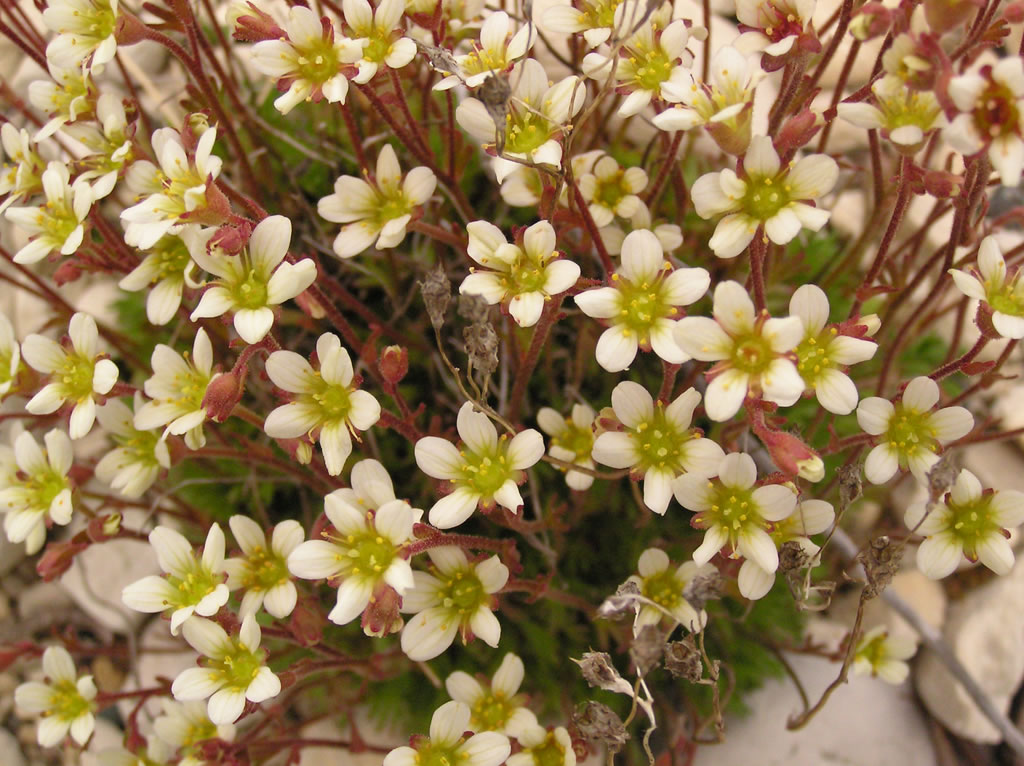Your What does potash do for plants images are ready. What does potash do for plants are a topic that is being searched for and liked by netizens today. You can Find and Download the What does potash do for plants files here. Download all royalty-free photos.
If you’re searching for what does potash do for plants pictures information related to the what does potash do for plants topic, you have pay a visit to the right site. Our website always provides you with suggestions for seeing the highest quality video and image content, please kindly search and locate more informative video content and graphics that match your interests.
What Does Potash Do For Plants. As it�s water soluble and aided in the breakdown process by soil bacteria, potash is easily absorbed by plants and helps. This will stunt the growth of the plant and lead to chlorosis, a yellowing of the. It’s one of three primary plant nutrients, with the others being fixed nitrogen and soluble phosphorus. Potash is primarily used as a fertilizer (approximately 95%) to support plant growth, increase crop yield and disease resistance, and enhance water preservation.
 Top 10 Tips for Growing Strawberries Palmers Garden Centre From palmers.co.nz
Top 10 Tips for Growing Strawberries Palmers Garden Centre From palmers.co.nz
In addition to increasing the development of tubers, fruits and roots tenfold, potash fertilizer also reduces water stress (water rejection phenomenon). What does potassium do for tomato plants. If the soil needs potassium, potash is a good option. Potassium and juice acidityhigher levels of potassium in the tomato plant increases the acidity of the fruit and the resultant tomato juice, as can be seen in uk trials. Around 70mt of mop is produced annually, mainly in canada, belarus and russia. Potassium aids water movement in the xylem, a type of plant tissue, and affects cell elongation in growth.
In addition to increasing the development of tubers, fruits and roots tenfold, potash fertilizer also reduces water stress (water rejection phenomenon).
Potassium aids water movement in the xylem, a type of plant tissue, and affects cell elongation in growth. It is also responsible for crop formulation and quality. It is necessary for the proper functionality of all living cells. Potash is primarily used as a fertilizer (approximately 95%) to support plant growth, increase crop yield and disease resistance, and enhance water preservation. It also helps to ripen and strengthen plants ensuring they can defend against pest, disease and weather damage. Potassium and juice acidityhigher levels of potassium in the tomato plant increases the acidity of the fruit and the resultant tomato juice, as can be seen in uk trials.
 Source: gardeningknowhow.com
Source: gardeningknowhow.com
Potash, a form of potassium oxide, is vital to plants throughout their life cycle. Because its vital role in chlorophyll, magnesium deficiency is first exhibited by yellow leaves in the lower part of the plant. Potash, a form of potassium oxide, is vital to plants throughout their life cycle. If soluble potassium is deficient in soil it can stunt growth and cause other symptomatic issues. Is blood and bone good for passion fruit?
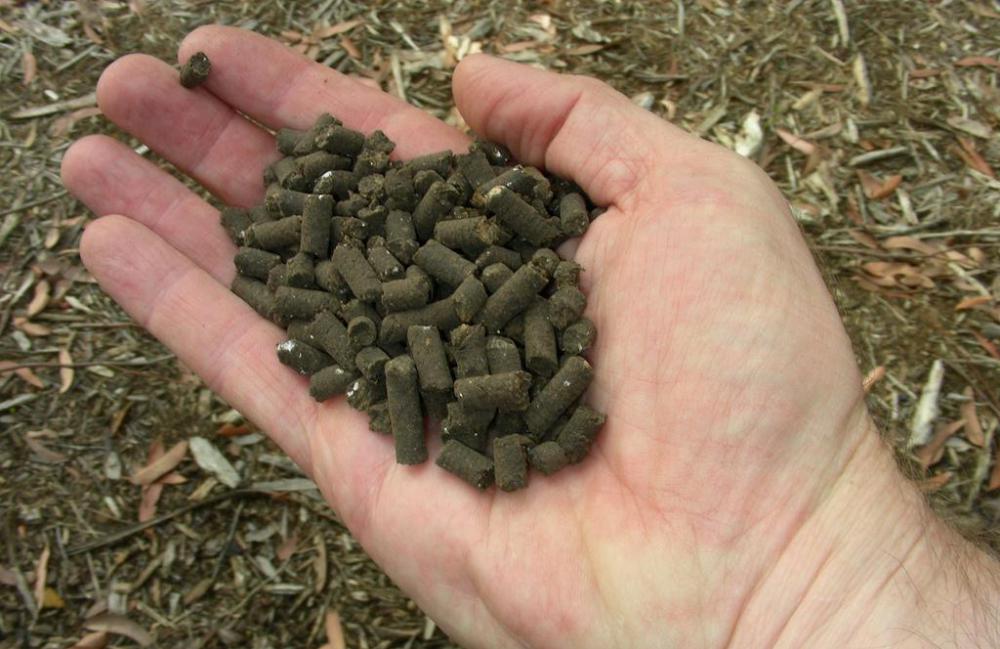 Source: wisegeek.com
Source: wisegeek.com
It’s one of three primary plant nutrients, with the others being fixed nitrogen and soluble phosphorus. It is an abundant mineral macronutrient present in both plant and animals tissues. This makes it ideal for encouraging strong flower and fruit development. It plays a major role in achieving the maximum economic yield, as part of a balanced approach to crop nutrition, as well as influencing crop quality. Potash contains potassium, an essential nutrient for plant growth which strengthens plants, helps them move water and sugar, and defends them against disease.
 Source: gardeningknowhow.com
Source: gardeningknowhow.com
Potash helps in breaking down plant sugars so that they can be used up by the plant as food fertilizers containing potash increase the ph in soil hence promoting the health of plants that thrive in alkaline conditions. It is commonly applied to gardens, lawns and orchards as part of a regular fertilizer program. Potassium, often called potash, helps plants use water and resist drought and enhances fruits and vegetables. Potassium, often called potash, helps plants use water and resist drought and enhances fruits and vegetables. Potassium aids water movement in the xylem, a type of plant tissue, and affects cell elongation in growth.
 Source: managingnutrients.blogspot.com
Source: managingnutrients.blogspot.com
Potash is a health booster for lawns, and lawns that are low in potassium can result in slow growth, yellowing leaves, and poor root development. If soluble potassium is deficient in soil it can stunt growth and cause other symptomatic issues. Potassium is relatively abundant in the earth�s crust making up to 2.1% by weight. Potassium aids water movement in the xylem, a type of plant tissue, and affects cell elongation in growth. Potassium, often called potash, helps plants use water and resist drought and enhances fruits and vegetables.
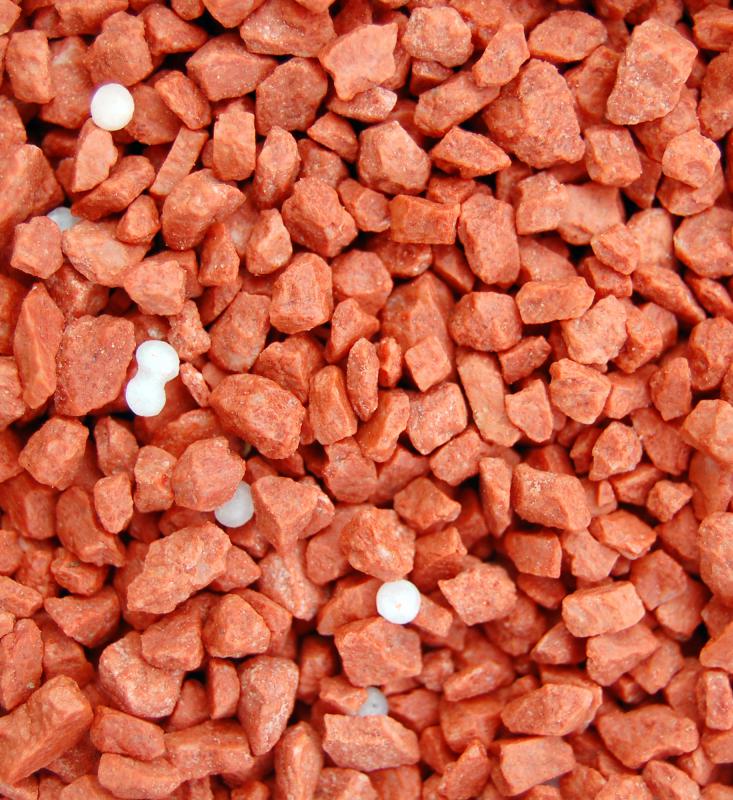 Source: wisegeek.com
Source: wisegeek.com
Because its vital role in chlorophyll, magnesium deficiency is first exhibited by yellow leaves in the lower part of the plant. Potash contains potassium, an essential nutrient for plant growth which strengthens plants, helps them move water and sugar, and defends them against disease. Regarding this, is potash good for all plants? United states (480,000 mt) the leading reserves in the u.s. But when plants get too much potassium, the absorption of other nutrients is inhibited, which leads to the symptoms caused by the deficiency of these nutrients.
 Source: managingnutrients.blogspot.com
Source: managingnutrients.blogspot.com
The other two major nutrients are nitrogen (n) and phosphorus (p). The name derives from pot ash, which refers to plant ashes or wood ash soaked in water in a pot, the primary means of manufacturing the product before the industrial era. Potash is the term commonly used for potassium. Potash contains potassium, an essential nutrient for plant growth which strengthens plants, helps them move water and sugar, and defends them against disease. If the soil needs potassium, potash is a good option.
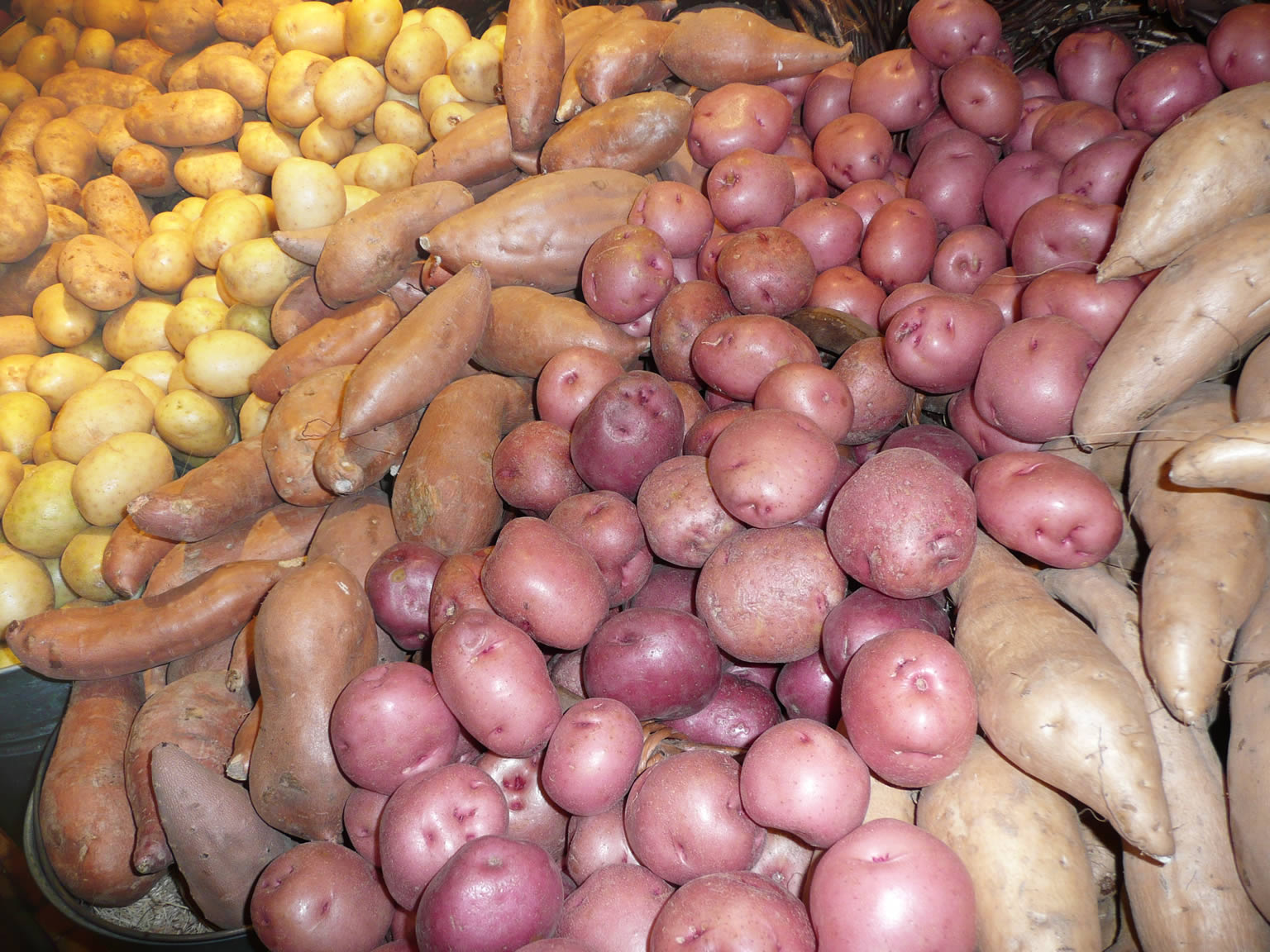 Source: pda.org.uk
Source: pda.org.uk
As a source of soluble potassium (salt), potash is used primarily as an agricultural fertilizer. For potash production are new mexico, michigan, and utah. The potassium used in plant fertilizers is known as potash. The other two major nutrients are nitrogen (n) and phosphorus (p). This makes it ideal for encouraging strong flower and fruit development.
 Source: managingnutrients.blogspot.com
Source: managingnutrients.blogspot.com
The word potassium is derived from potash. Because its vital role in chlorophyll, magnesium deficiency is first exhibited by yellow leaves in the lower part of the plant. The lawn low in potassium will also be more sensitive to temperature changes as well as prone to disease. United states (480,000 mt) the leading reserves in the u.s. As it�s water soluble and aided in the breakdown process by soil bacteria, potash is.
Source: mr-tomato-king.blogspot.com
The role of potash in plants. In addition to increasing the development of tubers, fruits and roots tenfold, potash fertilizer also reduces water stress (water rejection phenomenon). This makes it ideal for encouraging strong flower and fruit development. Potassium and juice acidityhigher levels of potassium in the tomato plant increases the acidity of the fruit and the resultant tomato juice, as can be seen in uk trials. The role of potash in plants.
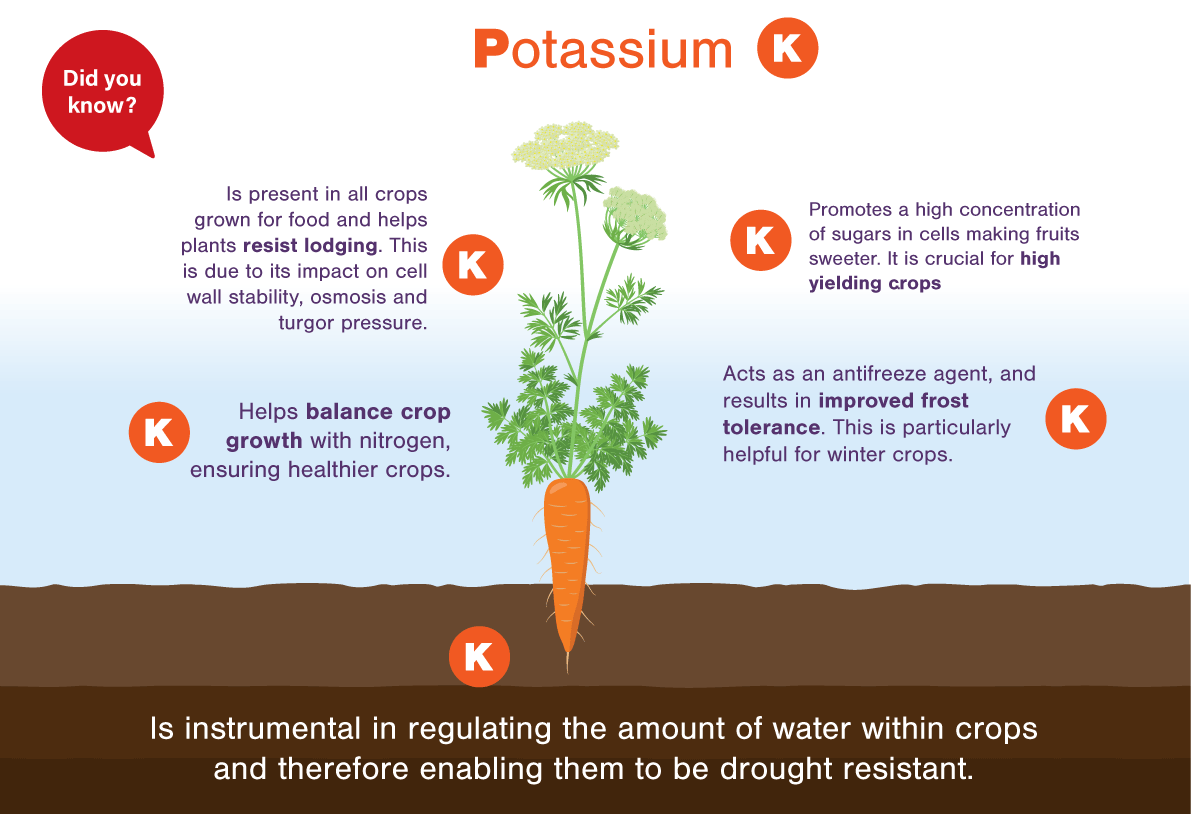 Source: fertilizerseurope.com
Source: fertilizerseurope.com
As it�s water soluble and aided in the breakdown process by soil bacteria, potash is. Advertisement nitrogen deficiency the primary risk of too much potassium is a nitrogen deficiency. Potassium helps flowers and fruit to form and also toughens growth in order to resist pests and diseases. As a source of soluble potassium (salt), potash is used primarily as an agricultural fertilizer. It also protects against draught by maintaining plants water content which in turn is a benefit for photosynthesis as leafs maintain their shape / vigor.
 Source: managingnutrients.blogspot.com
Source: managingnutrients.blogspot.com
What does potash do to plants? Potassium helps flowers and fruit to form and also toughens growth in order to resist pests and diseases. Potash, a form of potassium oxide, is vital to plants throughout their life cycle. Potash contains potassium, an essential nutrient for plant growth which strengthens plants, helps them move water and sugar, and defends them against disease. Potash, a form of potassium oxide, is vital to plants throughout their life cycle.
 Source: plantcaretoday.com
Source: plantcaretoday.com
Potassium is relatively abundant in the earth�s crust making up to 2.1% by weight. As it�s water soluble and aided in the breakdown process by soil bacteria, potash is. It’s one of the three major nutrients that plants require for healthy growth and is represented by the chemical symbol ‘k’. It is an abundant mineral macronutrient present in both plant and animals tissues. Potash has an “enhancing” effect, allowing better growth and resistance.
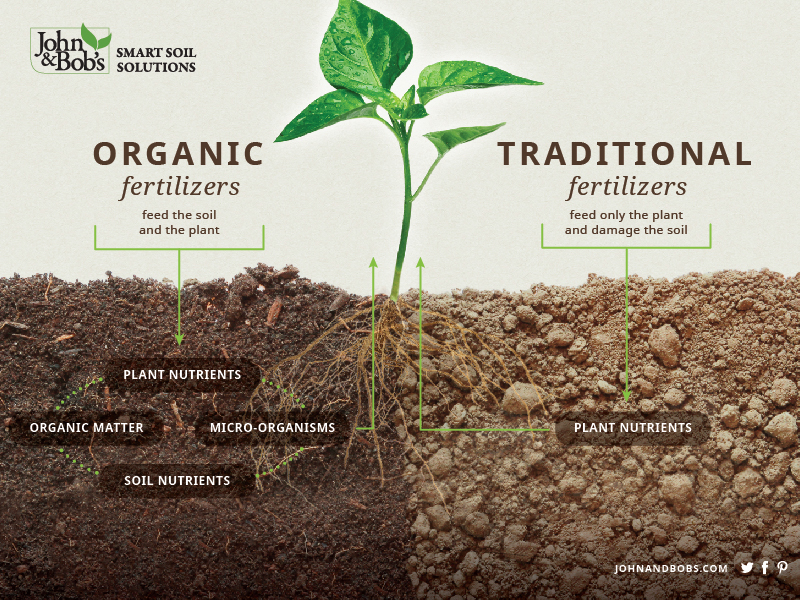 Source: dribbble.com
Source: dribbble.com
It also protects against draught by maintaining plants water content which in turn is a benefit for photosynthesis as leafs maintain their shape / vigor. It also has a positive effect on food color, taste, and texture. In plants it is essential for water uptake and for synthesizing plant sugars for use as food. It is commonly applied to gardens, lawns and orchards as part of a regular fertilizer program. Potash helps in breaking down plant sugars so that they can be used up by the plant as food fertilizers containing potash increase the ph in soil hence promoting the health of plants that thrive in alkaline conditions.
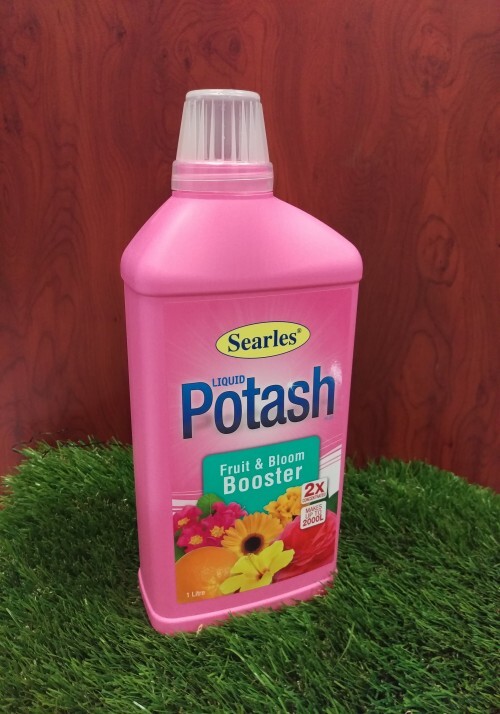 Source: palmnursery.com.au
Source: palmnursery.com.au
Kcl is used as a fertilizer,[8] in medicine, in scientific applications, and in food processing, where it may be known as e number additive e508.it occurs naturally as the mineral sylvite, and in combination with sodium chloride as sylvinite.fertilizer [ edit ].the majority of the potassium chloride produced is used for making fertilizer, called potash, since the growth of. This makes it ideal for encouraging strong flower and fruit development. Potash is a health booster for lawns, and lawns that are low in potassium can result in slow growth, yellowing leaves, and poor root development. In addition to increasing the development of tubers, fruits and roots tenfold, potash fertilizer also reduces water stress (water rejection phenomenon). Potassium and juice acidityhigher levels of potassium in the tomato plant increases the acidity of the fruit and the resultant tomato juice, as can be seen in uk trials.
 Source: palmers.co.nz
Source: palmers.co.nz
Potash in soil is the initial source for the uptake in plants. Advertisement nitrogen deficiency the primary risk of too much potassium is a nitrogen deficiency. It is commonly applied to gardens, lawns and orchards as part of a regular fertilizer program. It also has a positive effect on food color, taste, and texture. For plants that tolerate potash fertilizer, the result is larger, healthier growth that produces bigger flowers and vegetables.
 Source: sowtheseed.org.uk
Source: sowtheseed.org.uk
United states (480,000 mt) the leading reserves in the u.s. Potash is a health booster for lawns, and lawns that are low in potassium can result in slow growth, yellowing leaves, and poor root development. It plays a major role in achieving the maximum economic yield, as part of a balanced approach to crop nutrition, as well as influencing crop quality. The other two major nutrients are nitrogen (n) and phosphorus (p). It increases the sugar content of the fruit.
 Source: pinterest.com
Source: pinterest.com
Sulfate that is present in potash fertilizers is immediately available for plant uptake. It also protects against draught by maintaining plants water content which in turn is a benefit for photosynthesis as leafs maintain their shape / vigor. Muriate of potash (mop) potash is essential for plant growth and quality. Potash is a component of feed supplements used to grow livestock and enhance milk production. Commercial bloom foods contain high amounts of potassium to promote more flowers of better quality.
 Source: plantcaretoday.com
Source: plantcaretoday.com
Potassium regulates plant growth so that harvested fruit is fully formed, high quality and has a better shelf life for consumers. Potassium, often called potash, helps plants use water and resist drought and enhances fruits and vegetables. It is commonly applied to gardens, lawns and orchards as part of a regular fertilizer program. The lawn low in potassium will also be more sensitive to temperature changes as well as prone to disease. Potash contains potassium, an essential nutrient for plant growth which strengthens plants, helps them move water and sugar, and defends them against disease.
This site is an open community for users to do submittion their favorite wallpapers on the internet, all images or pictures in this website are for personal wallpaper use only, it is stricly prohibited to use this wallpaper for commercial purposes, if you are the author and find this image is shared without your permission, please kindly raise a DMCA report to Us.
If you find this site serviceableness, please support us by sharing this posts to your favorite social media accounts like Facebook, Instagram and so on or you can also save this blog page with the title what does potash do for plants by using Ctrl + D for devices a laptop with a Windows operating system or Command + D for laptops with an Apple operating system. If you use a smartphone, you can also use the drawer menu of the browser you are using. Whether it’s a Windows, Mac, iOS or Android operating system, you will still be able to bookmark this website.






